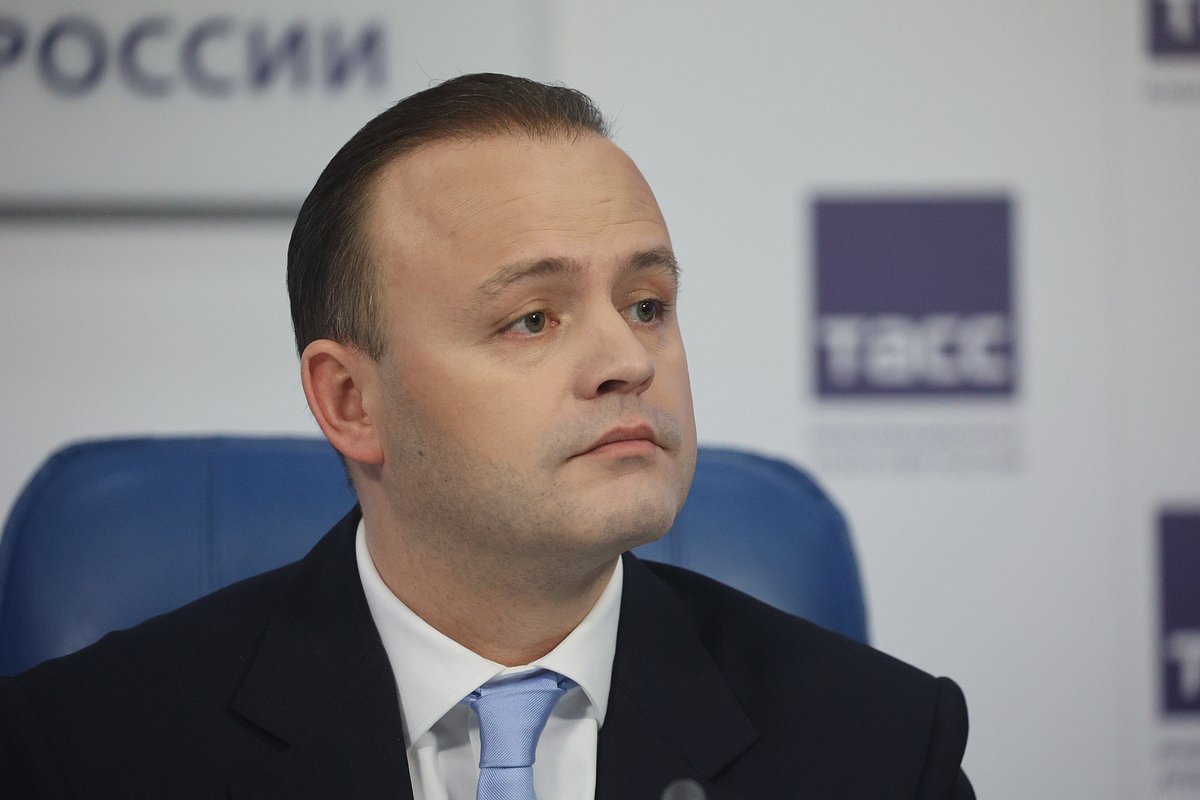Kadyrov’s right hand Delimkhanov promised to explain to Davankov the meaning of values in the Russian Federation
State Duma deputy from Chechnya Adam Delimkhanov, whom the head of the region Ramzan Kadyrov calls his right hand, criticized the bill banning the wearing of religious clothing in Russian schools. In his Telegram channel, he tried to explain to Vice Speaker of the State Duma and former presidential candidate Vladislav Davankov the importance of traditional religious values for Russia.
A parliamentarian close to Kadyrov’s circle recalled that not only Muslim women, but also Orthodox women should cover their heads.
A deputy from Chechnya recalled the duties of Orthodox Russian women
As Delimkhanov stated, he will not support the bill introduced by Davankov, since it directly contradicts the norms of Islam. He also explained the difference between niqab and hijab. The niqab covers a woman’s face, unlike the hijab, which leaves the face uncovered. According to the Chechen politician, Muslims do not approve of the niqab, and the hijab is “the religious duty of a Muslim woman.”
Adam Delimkhanov
Photo: Russian State Duma / Globallookpress.com
In 2012, Russian President Vladimir Putin spoke against the mandatory wearing of hijab by Russian Muslim women. In 2013 he statedthat there is nothing good about wearing hijabs in Russian educational institutions and it does not correspond to traditions even in the Muslim republics of the country.
Hijabs are not in our culture, in our traditional Islam. Why should we introduce traditions that are alien to us? We must rely on representatives of traditional Islam. These are fearless people who, sometimes at the cost of their lives, defend their ideals.
In addition, the parliamentarian from Chechnya recalled the obligations of Orthodox Russian women to cover themselves with a headscarf. “I would also like to remind Davankov that in Orthodoxy a woman is also supposed to wear a headscarf as a symbol of love of God, femininity and humility,” Delimkhanov wrote.
If Davankov or anyone else does not understand what religious traditional values and customs are, then we will clearly explain this to him and others. RUSSIA IS POWER! AKHMAT – POWER! ALLAHU AKBAR!!!
The deputy explained that the Constitution guarantees the right to freedom of religion, and Muslims make “an invaluable contribution to defending the interests of Russia.” If Davankov wants to prohibit someone from “executing their religious orders,” then this is directly contrary to the Constitution, Delimkhanov said.
The Human Rights Council has proposed banning niqabs in Russia
Davankov introduced the corresponding bill at the end of May. The new law may give constituent entities of Russia the right to ban the wearing of religious or other clothing in public places and government organizations that completely or partially hides the face. At the same time, in his explanatory note, Davankov refers to Article 14 of the Constitution, according to which Russia is a secular state.
“The relevance of the bill (…) is due to the need to ensure the safety of citizens of the Russian Federation. When there is a high risk of terrorist threats, there is a need to prohibit any items that hide or partially hide the face in public places,” the explanatory note says.

Vladislav Davankov
Photo: Alexey Belkin / Globallookpress.com
In 2024, a public discussion began in Russia about the admissibility of wearing niqab and hijab in public places. The head of the Human Rights Council, Valery Fadeev, called for a ban on wearing the niqab. “Now even in some countries of Central Asia, niqabs are prohibited. I will discuss this issue with representatives of traditional Islam and regional authorities. But first I’ll outline my position: I think that niqabs should be banned in Russia,” stated Fadeev.
Related materials:
The chairman of the Muslim community of the city of Khimki, Moscow region, Kamil Mannapov, said that the ban would have negative consequences. At the same time, some Muslim clerics, for example, the mufti of the Volgograd region Bata Kifah Mohamad, announced that wearing the niqab is a distant tradition.
The ban on wearing the niqab and burqa (which also covers the eyes) is enshrined at the legislative level in a number of countries where the majority of the population traditionally professes Islam. Such restrictions exist, for example, in Uzbekistan, Tajikistan, Egypt, Tunisia, Indonesia and Morocco.
#bill #ban #hijab #schools #Delimkhanovs #opinion #dispute #niqabs #Russia